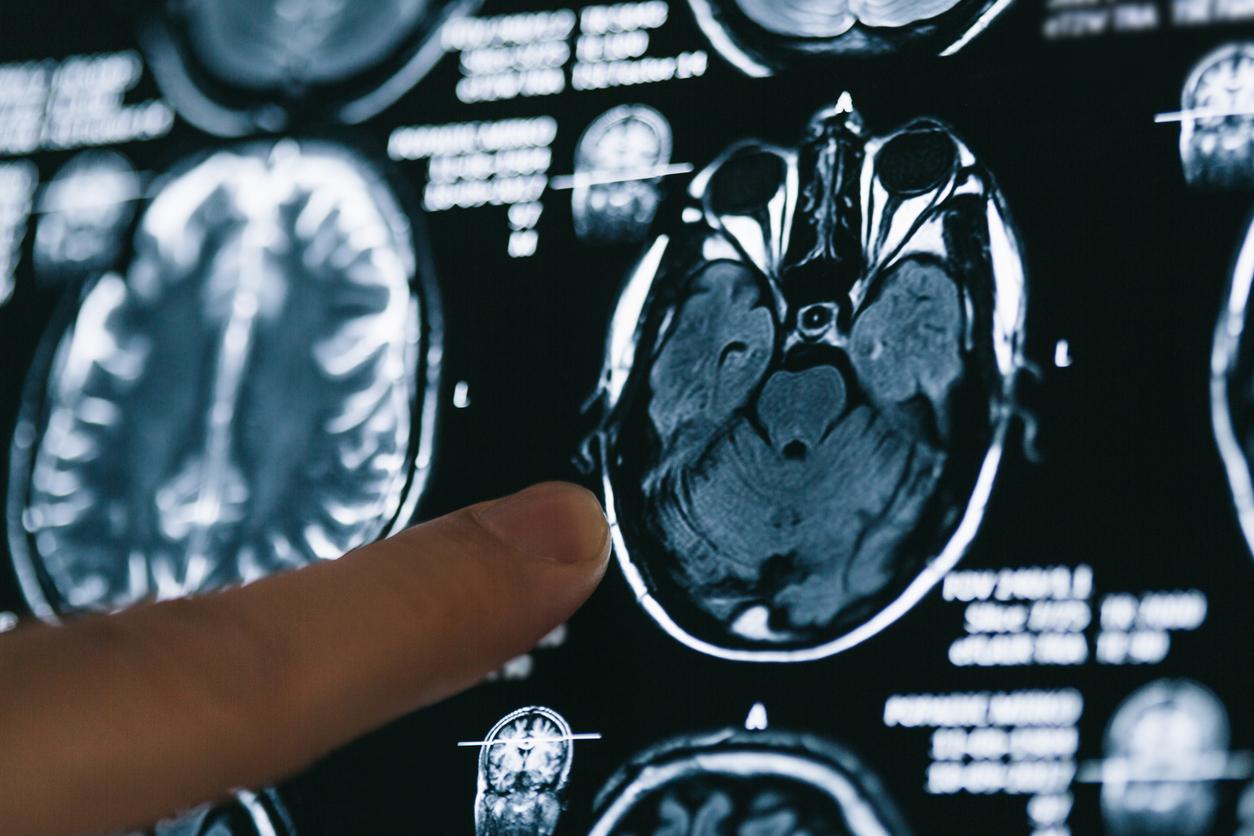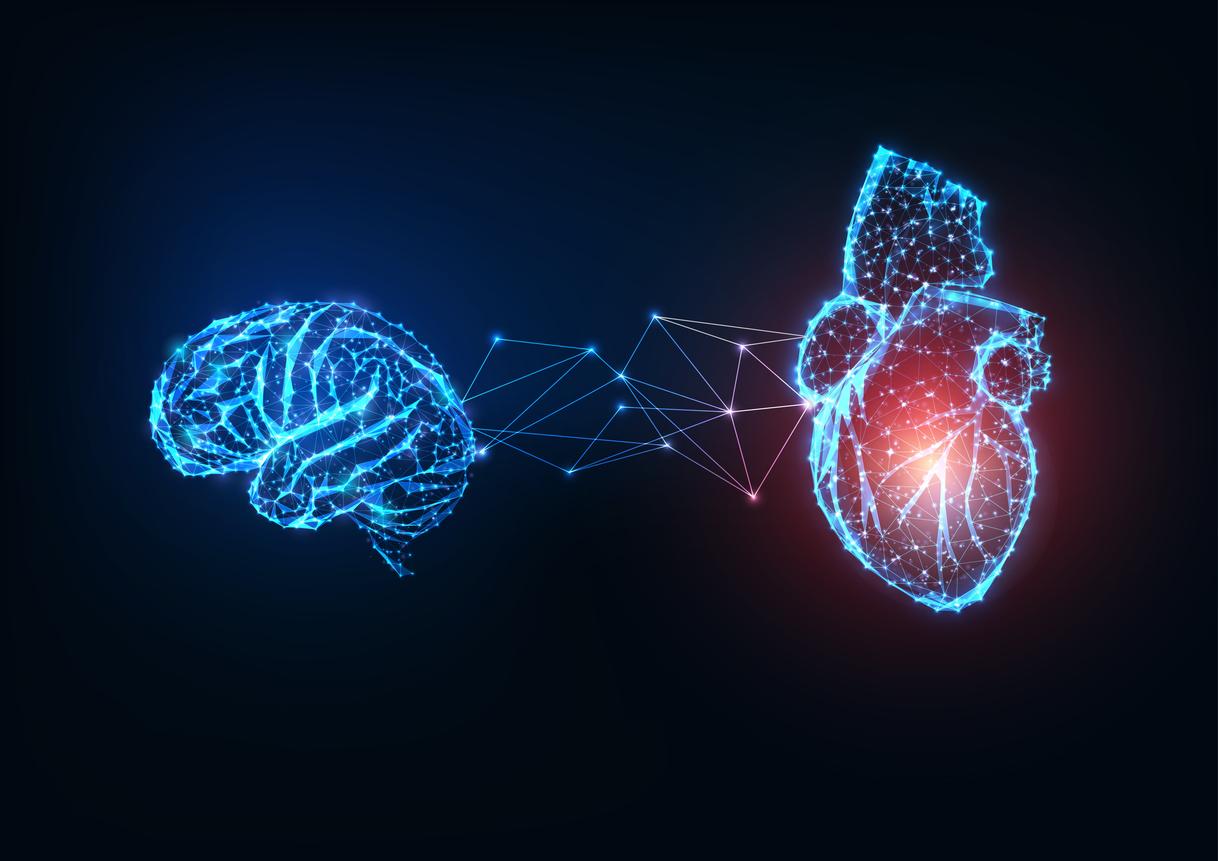Researchers at Sweden’s Karolinska Institute believe they have discovered a new treatment for Parkinson’s disease. In a study published in the journal Nature Biotechnology, they show how they succeeded in transforming non-neuronal cells into brain cells that produce dopamine.
A discovery that interests patients with Parkinson’s because in their brain, dopamine-producing cells are damaged or destroyed. This is what leads to the motor symptoms of Parkinson’s disease, including tremors and impaired balance.
Diseased cells have been reprogrammed
Scientists have long been searching for a way to replace damaged cells. Early trials involved transplanting dopamine neurons derived from fetal midbrain tissue. “But faced with difficulties, they looked for alternative cell sources, such as stem cells or reprogrammed cells”notes Professor Ernest Arenas, lead author of the study.
Based on their trials, conducted in mice, Professor Arenas and his team believe that cell reprogramming using a combination of genes and small molecules could be an effective strategy for treating Parkinson’s disease.
Read also :
Tremors soon cured thanks to ultrasounds?
Parkinson’s disease starts in the gut


















